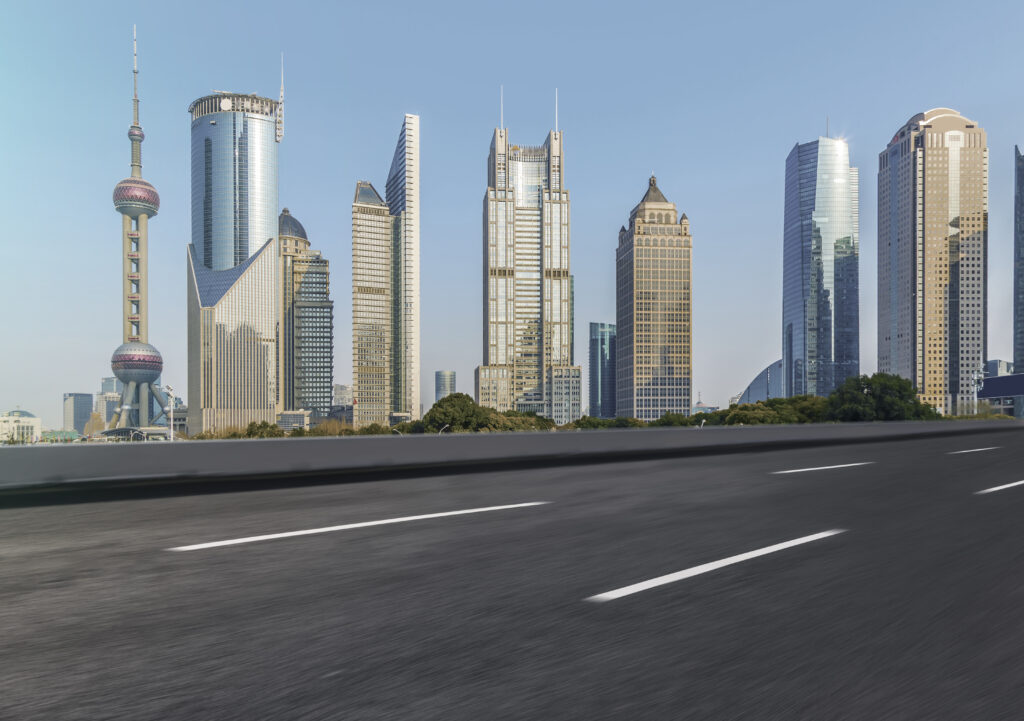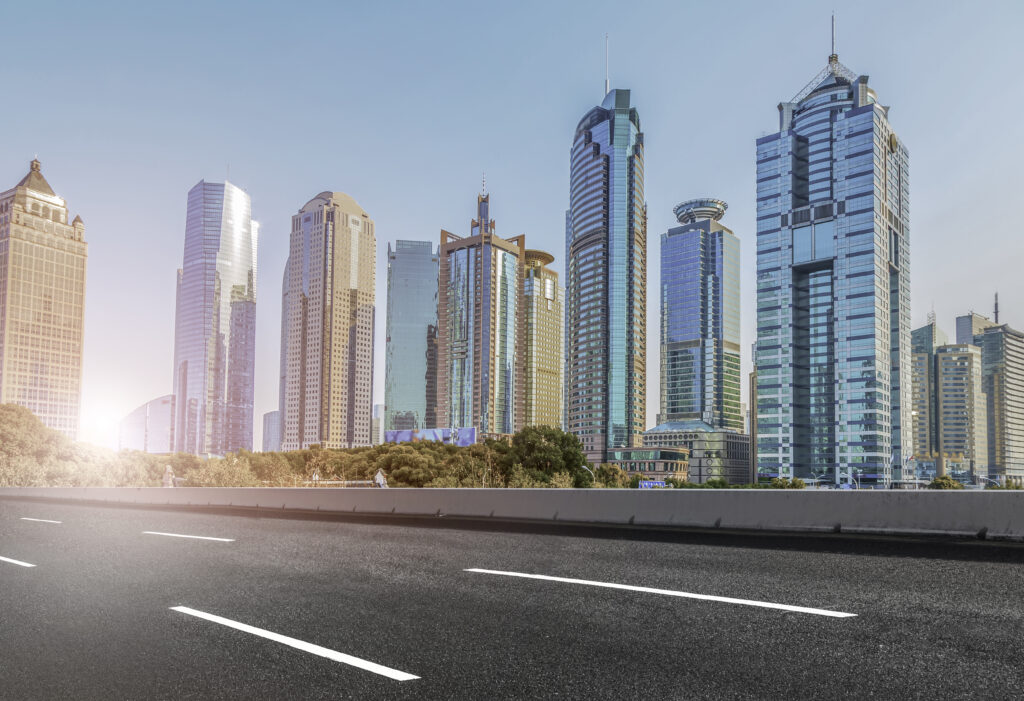August 19, 2025 | Dubai, UAE: A remarkable 46.8% jump in Free Salik trips during the second quarter of 2025 underscores how Dubai motorists are adjusting their routines to benefit from the new variable pricing structure at Dubai toll gates. With 16.4 million toll-free crossings recorded, drivers are demonstrating creativity in curbing daily commuting expenses while still enjoying smooth journeys across the emirate.
Nighttime Journeys Propel Free Salik Trips Uptick
Since the Roads and Transport Authority introduced variable toll rates on January 31, charging nothing from 1 a.m. to 6 a.m., Dh4 off-peak, and Dh6 during rush hours, residents have seized the opportunity to shift travel into the free window. In just three months, the number of Free Salik trips surged to 16.4 million, accounting for 27.6 million out of a total of 50.0 million for the first half of 2025.

Take security supervisor Amir Niaz, whose night-shift commute from Sharjah now begins after midnight. “Crossing the Salik gate at 1:05 a.m. saves me Dh8 each day, and I breeze through without traffic jams,” he says. His routine has become a textbook example of how Free Salik trips and lighter roads go hand in hand.
Variable Toll Rates Redefine Travel Patterns
Under the revamped system at Dubai toll gates, drivers pay Dh6 between 6 a.m.– 10 a.m. and 4 p.m. – 8 p.m., Dh4 during the quieter daytime hours, and nothing during the new overnight window. This model has encouraged more off-peak journeys: even paid crossings climbed by 1.6% to 160.4 million in Q2, buoyed by two additional gates, proving that cost and convenience can coexist.
Revenue tells a similar story. Toll collections hit Dh1.53 billion in H1 2025, reflecting strong uptake during chargeable hours alongside the rise in Free Salik trips. The balance shows policy can influence commuting behaviour without denting the bottom line.
Creative Workarounds Deliver Savings
Beyond late-night drives, residents employ various tactics to slash toll bills. Some linger near gates until prices drop from Dh6 to Dh4, then dash through just before charges vanish at 1 a.m. Others negotiate staggered work hours with employers, neatly sidestepping the peak-rate periods.

Carpooling has become a social affair, too. Colleagues coordinate rides, pooling funds to share a single Salik tag rather than paying separately. Special high-occupancy lanes at some bridges reward two-plus passengers with lower tolls, turning the daily commute into a chance to bond—and save.
Tech helps, of course. Apps like Waze and Google Maps now offer built-in toll-avoidance maps that predict price changes and suggest quieter back roads. Drivers who follow these smart routes report saving around Dh50 each month. It’s proof that a bit of digital know-how—mixed with friendly competition—can turn Dubai’s toll system into a genuine community hack.
Tech Tools Sharpen Toll-Avoidance Strategies
Mobile apps such as Waze and Google Maps have become indispensable for drivers planning routes around Dubai toll gates. By displaying toll-free windows and suggesting alternative streets, these platforms help motorists pinpoint the most economical times and paths for travel—turning data into daily savings.

Some drivers keep personal logs of their journeys, tallying tolls paid and avoided to hone their schedules. These grassroots insights complement the official statistics, illustrating a community-wide embrace of smarter commuting.
The surge in Free Salik trips highlights Dubai residents’ ingenuity in managing costs under the new toll regime. By shifting travel to overnight hours, adjusting work schedules, and using navigation technology to their advantage, motorists are redefining urban mobility. As the Dubai toll gates system continues to balance revenue goals with traffic management, this shift in behaviour offers a blueprint for other cities seeking to optimise road usage without burdening commuters.
Also Read: UAE Football Association Takes Hard Line Against Al Ain Over Referee Criticism















